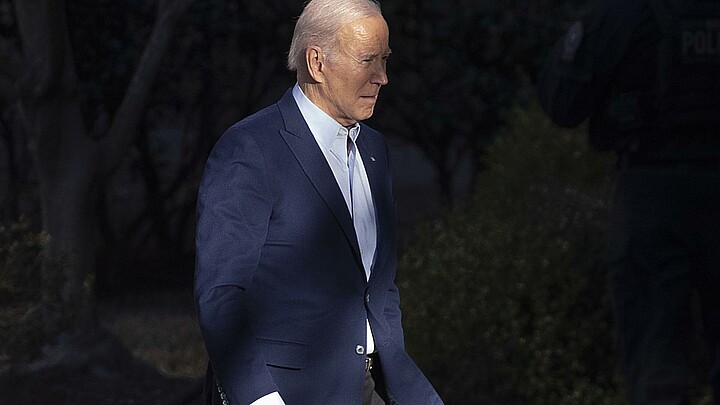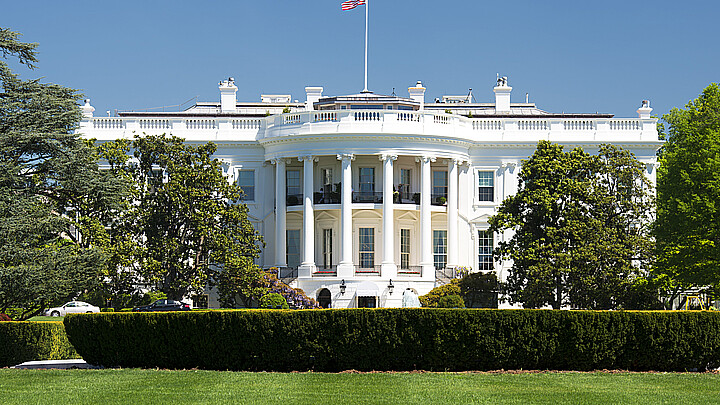Health
U.S. leads efforts to combat global food crisis at high-level U.N. meeting
“Shortages of fuel and fertilizer in many countries and accelerating spikes in food prices threaten to destabilize fragile societies, increase hunger and malnutrition, drive migration, and cause severe economic dislocation. Conflict has greatly exacerbated food security issues globally"
May 19, 2022 12:09pm
Updated: May 19, 2022 12:13pm
U.S. Secretary of State Antony J. Blinken travelled to New York City on Wednesday to convene meetings to mobilize action on global food security.
According to a State Department press release, “The “Days of Action on Global Food Security” is one component of the United States’ multi-pronged strategy to help mitigate the food security crisis through humanitarian assistance, multilateral engagements, and increased food production.”
As the war in Ukraine continues to threaten energy and food supplies across the globe, the State Department warned that, “as many as 40 million people are projected to be pushed into poverty and food insecurity by the end of the year.”
“Shortages of fuel and fertilizer in many countries and accelerating spikes in food prices threaten to destabilize fragile societies, increase hunger and malnutrition, drive migration, and cause severe economic dislocation. Conflict has greatly exacerbated food security issues globally.”
At the meetings, UN Secretary-General António Guterres warned that the number of severely food insecure people doubled in the past two years – going from 135 million pre-pandemic to 276 million today – an increase of more than 500 per cent since 2016.
“These frightening figures are inextricably linked with conflict, as both cause, and effect,” he said. “If we do not feed people, we feed conflict”.
Furthermore, noting that Ukraine and Russia produce nearly a third of the world’s wheat and barley, Guterres said that the war threatens to tip “tens of millions of people over the edge into food insecurity, followed by malnutrition, mass hunger and famine, in a crisis that could last for years.”
"There is enough food in our world now if we act together. But unless we solve this problem today, we face the specter of global food shortage in the coming months," he added.
In order to combat the looming global food crisis, Blinken announced the following measures:
- We have announced over $2.3 billion in new global humanitarian food assistance since Russia’s full-scale invasion of Ukraine in February, with a particular focus on countries hardest hit by food price hikes.
- We will announce additional new emergency food assistance at the May 18 Food Security Ministerial, bringing the U.S. total for emergency food assistance since February to nearly $2.6 billion.
- The United States is doing its part at home to mitigate the global fertilizer shortage by acting to boost domestic production of fertilizer through a $500 million USDA program.
- Through Feed the Future and our nutrition commitments, we are committing over $5 billion over the next five years to address food security threats and nutrition across the globe in addition to the over $4 billion in humanitarian assistance funding, recently signed into law, for Ukraine and its neighbors.
- We will issue a Roadmap for the Global Food Security Call to Action to reflect the outcomes of the May 18 Food Security Ministerial, outlining commitments that participants have made to address these challenges.
- We will strengthen resilience by building inclusive and equitable food systems that empower women, youth, and disadvantaged communities to weather the effects of climate change, conflict, and supply chain disruptions, as noted at the UN Food Systems Summit last year.
- The United States is working in multilateral fora with our Group of Seven (G7) partners to target the work of international finance institutions, including the World Bank and International Monetary Fund (IMF), to mitigate food security challenges.
- The United States recognizes the critical role so many around the world are currently playing to address food insecurity – from governments to the UN to civil society organizations. This current crisis requires a global, collaborative response, and the United States is committed to helping to coordinate these efforts.









